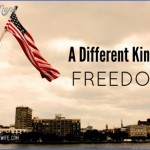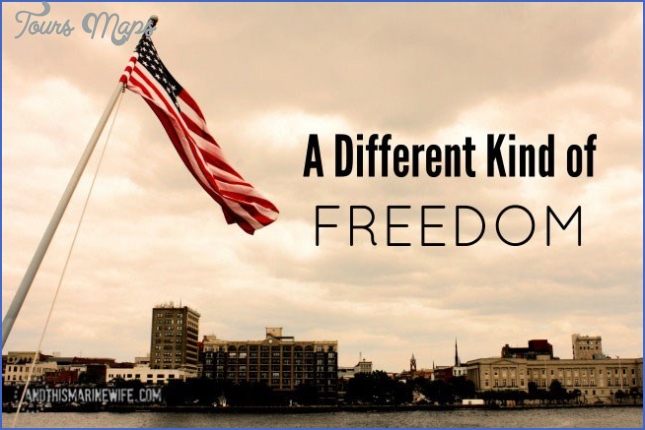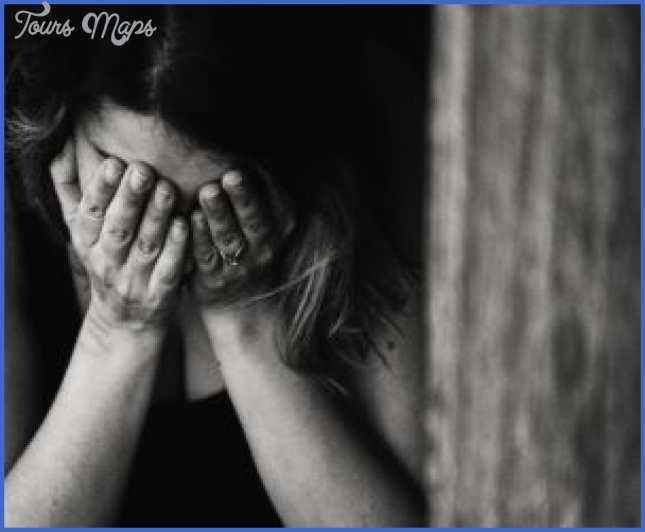MY grandfather was a 39-year-old father of four small children when the Second World War broke out in 1939. As a telephone engineer, his skills were needed by the Royal Corps of Signals, and he joined up. Very soon, however, he was captured and for the next six years he was held as a prisoner of war. When he came home after the war, it was to a family who hardly knew him. His time in those intervening years was spent in a prison camp located in what was then Czechoslovakia and is now part of southern Poland.
A Diferent Kind Of Freedom Photo Gallery
Despite the hardship of those years and the separation from family, he felt greater freedom behind barbed wire than at any other time in his life. He made close friendships with people from a range of countries he could never visit, took part in concerts and plays which never formed part of his civilian experience. He even led the Christmas service in the camp. When the prison camp was liberated in 1945, the Russian army arrived, opened the gates and simply told the prisoners to leave. Along with others, my grandfather embarked on a 200 mile trek to Prague, and he treasured photographs of himself and comrades on the Charles Bridge in the centre of that city. There is a strange paradox that his walk to freedom was also a walk away from the different kind of freedom he experienced in the camp. Perhaps he was aware of that, for he took six months to get home and no-one quite knows where he was during that time. Paul also experienced the strange relationship between captivity and freedom during his time in Philippi. The story is in Acts 16.25–40, and later from another prison cell Paul reflects back on those days (Philippians 1.7–14).
Beaten and unceremoniously thrown into jail in spite of his Roman citizenship which should have protected him, Paul is sufficiently unconcerned at his imprisonment in Philippi that he and Silas spend the night singing and praying. When an earthquake shakes down the walls and loosens their chains, they do not flee. They stay, and prevent the jailer from harming himself. Until that point, the jailer is less free than his prisoners. The attitude of Paul and Silas makes such a powerful impression on the jailer that he too puts trust in the Lord they serve and asks to be baptised along with his whole household. Sometimes those who would seem to be imprisoned by physical limitations, by age or by disability turn out to have a freedom beyond that experienced by many who do not share their apparent restrictions. If you have been privileged to spend time in a home, hospital, hospice or nursing home with someone whose spirit transcends their circumstances, you will recognise this. So often the one who goes to visit is the one who ends up encouraged and inspired. Captivity and freedom may depend as much on our attitude as on our circumstances. George Matheson’s hymn catches the paradox that what seems like freedom may turn out to be captivity and what seems like captivity may turn out to be freedom. “Make me a captive, Lord, and then I shall be free; force me to render up my sword and I shall conqueror be.”
Maybe You Like Them Too
- Top 10 Islands You Can Buy
- Top 10 Underrated Asian Cities 2023
- Top 10 Reasons Upsizing Will Be a Huge Travel Trend
- Top 10 Scuba Diving Destinations
- World’s 10 Best Places To Visit




